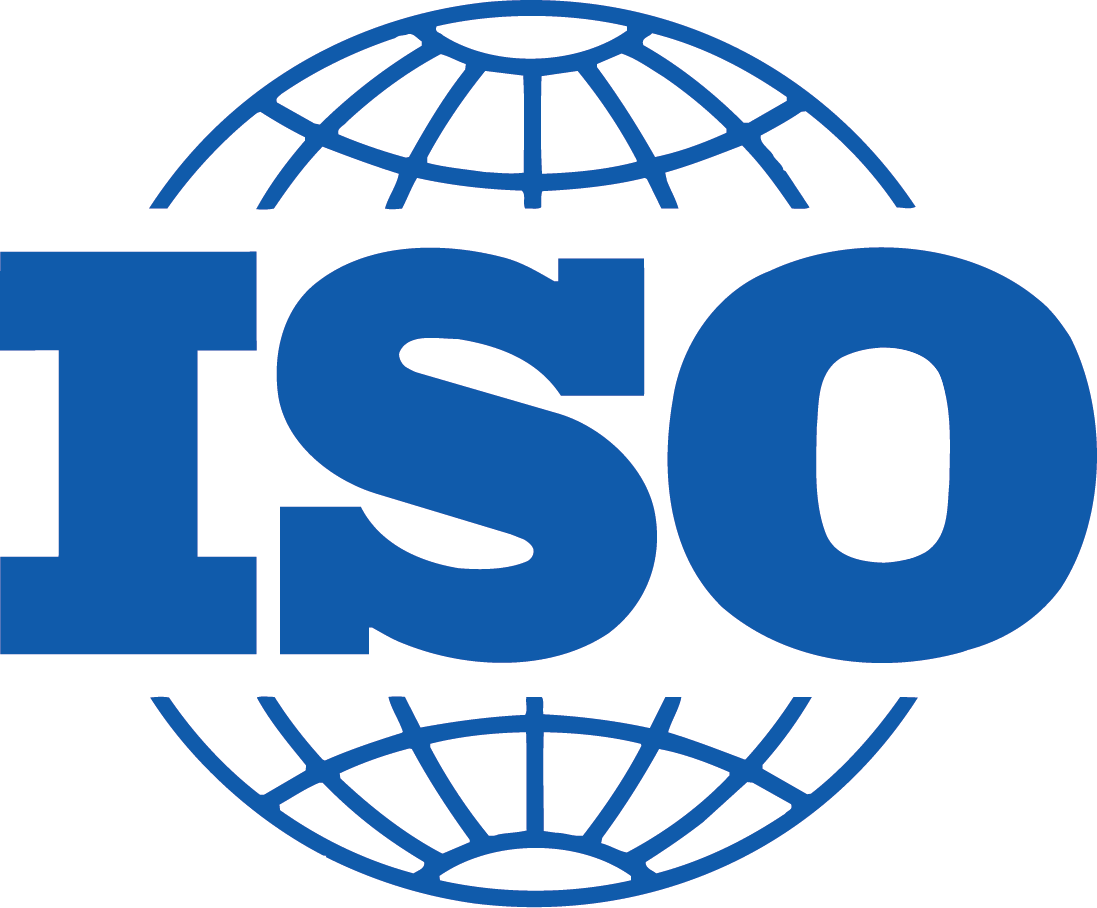
ISO (International Organization for Standardization) certification is a globally recognized standard that ensures the quality, safety, and efficiency of products and services. If you are involved in the food industry, obtaining ISO registration can help you maintain high-quality standards and gain consumer trust.
Why is ISO Certification Important for Food Products?
ISO certification for food products is crucial because it ensures that your products meet international safety and quality standards. It helps businesses:
- Improve product quality and safety.
- Enhance customer trust and brand reputation.
- Meet legal and regulatory requirements.
- Expand into international markets.
Which ISO Standards Apply to Food Products?
There are several ISO certifications applicable to the food industry:
-
ISO 22000 – Food Safety Management System (FSMS)
- This standard ensures food safety at every stage of the supply chain.
- It covers food manufacturing, processing, packaging, and distribution.
-
ISO 9001 – Quality Management System (QMS)
- Helps maintain overall quality and consistency in food production.
- Ensures compliance with customer and regulatory requirements.
-
ISO 14001 – Environmental Management System (EMS)
- Ensures environmentally friendly food production.
- Focuses on reducing waste and resource consumption.
-
ISO 45001 – Occupational Health and Safety
- Ensures workplace safety for food handlers and employees.
-
ISO 22005 – Traceability in the Feed and Food Chain
- Helps track and verify the origin of food products.
How to Apply for ISO Certification for Food Products?
To obtain ISO registration for your food product, follow these steps:
1. Choose the Right ISO Standard
- Identify the certification that suits your food product (ISO 22000 is the most common for food safety).
2. Prepare Documentation
- Business registration certificate.
- List of food products and ingredients.
- Food safety policies and process documents.
3. Conduct a Gap Analysis
- Compare your current food safety practices with ISO standards.
- Identify gaps and take corrective actions.
4. Implement Necessary Changes
- Update processes, employee training, and hygiene standards.
- Maintain proper record-keeping.
5. Choose a Certification Body
- Select an accredited ISO certification provider.
- Ensure the certifying body is recognized by the International Accreditation Forum (IAF).
6. Undergo an ISO Audit
- The certification body will conduct an audit to check compliance.
- Any non-conformities must be corrected.
7. Receive Your ISO Certificate
- Once approved, you will receive your ISO registration certificate.
- Certification is valid for three years with annual surveillance audits.
Conclusion
Yes, you can apply for ISO registration for a food product, and it is highly beneficial for ensuring food safety and quality. ISO certification enhances consumer confidence, helps comply with regulations, and opens doors for business expansion. If you are in the food industry, obtaining ISO certification can significantly boost your brand’s credibility.




Leave a Reply